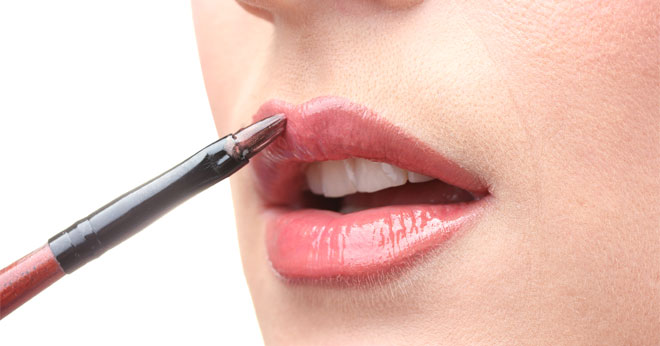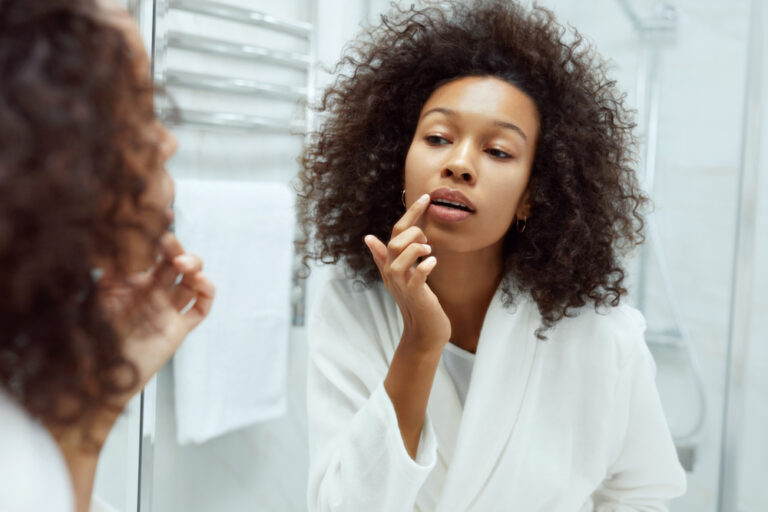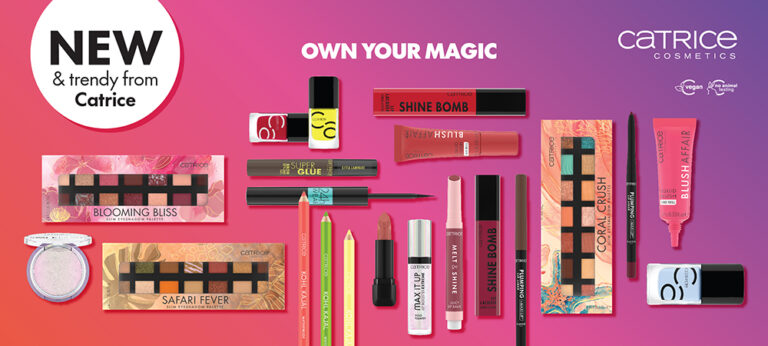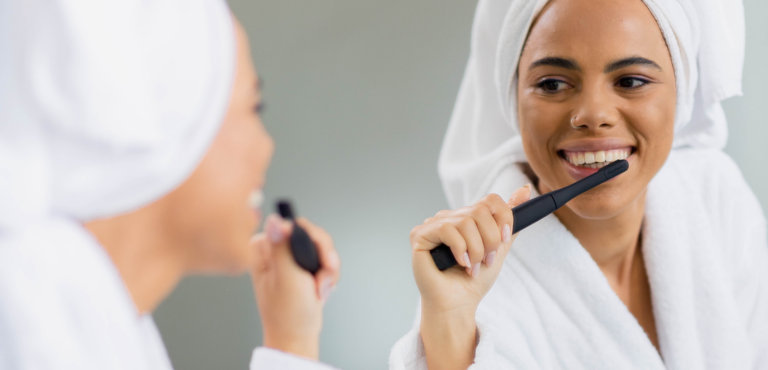It’s a tempting thought: you’d save time on your morning routine, you could enhance thinning lashes and brows, you’d never have to reapply make-up after showering or swimming, and you would look your best from the moment you wake up. So what is permanent make-up really all about?
Also known as micro pigmentation, dermal or intradermal pigmentation, micro pigment implantation, and cosmetic tattooing, permanent cosmetics are becoming increasingly popular. Essentially a tattoo that is intended to make you look as though you’re always wearing make-up, the process involves using a needle to insert small amounts of pigment into the dermal layer of the skin. The most common procedures are eyeliner, eyebrow enhancement, and lip colour; cheek blush and eye shadow are also possible.
Apart from women (and some men) who want the convenience of permanent make-up, others who choose it include visually-challenged people and those with dexterity-related conditions like arthritis, Parkinson’s disease, or multiple sclerosis who have difficulty applying ordinary cosmetics, as well as people who suffer from allergies to conventional products.
Practitioners are dermatologists, cosmetologists, nurses, and tattooists and procedures are performed using various instruments including traditional tattoo coil machines, pen or rotary machines, and hand-held devices. You’ll have an initial consultation, followed by the application of the pigment, and at least one follow-up visit four to six weeks later for evaluating the healed work. You may need a ‘touch-up’ after the healing process is complete and the colour has settled. Prices range from around R950 for one procedure to approximately R2600 for a “full house” combination, with follow-ups costing upwards of R400.
During the procedure there may be some minor bleeding, depending on the nature of the work. Eyebrows generally show few side effects, but eyeliner and lip colour may cause slight to moderate swelling or bruising which should subside within a few days. Most healing takes place within seven to ten days, with tiny scabs forming which you treat with healing balm or Vaseline. There is usually a little tenderness at first, and the colour is darker than you might expect for the first six to ten days but will soften and lighten during healing. It can take up to six weeks to see the final result.
Some fading over time is to be expected, requiring periodic re-enhancement – longevity varies from person to person depending on sun exposure and other lifestyle factors, including the products used on the skin after the procedure. As with any cosmetic operation, probably the biggest risk is disappointing results; if you want to try and reverse the procedure, techniques to remove permanent cosmetics include laser treatment, dermabrasion, and surgical removal. These have limited success so it’s best to be sure you get it right the first time.
While allergic reactions to pigments are relatively rare, they can occur, leading to inflammation, irritation, soreness, and itching. Also, of course, unsterile tattooing equipment and needles may transmit infection. Other possible adverse reactions include granulomas, which are masses that form inside tissue around a foreign substance, and keloids which are overgrowths of scar tissue. Generally, if proper sterilisation and disinfection guidelines are met, permanent make-up is considered completely safe. It’s important to choose your salon and technician carefully – take into account training, experience, compliance with local regulations, references from previous clients, and your own feelings of trust and confidence in the practitioner. For more information and to find accredited technicians, visit the Permanent Cosmetic Association of South Africa website (www.pcasa.org.za). One final word of advice from the experts: don’t go for permanent make-up that’s overly dramatic or “trendy” – you’ll be living with the results for a long time!
Other articles you may be interested in:
Laser treatment
Botox in your twenties
Who should be performing beauty procedures?
Beware of fake Botox
Carboxytherapy






13 Responses
Sounds like tattoo and that is scary to me, no matter the benefit of permanent make-up I will rather not.
While it may benefit someone who has difficulty applying make-up, I’d rather pass up the opportunity. I like being able to experiment with different colours and eyeliner shapes.
Permanent make-up is a form of tattoos, so how does it affect those of faiths where tattoos are not condoned? Is this the exception? I would like to hear some opinions.
Great article! It is convenient, but has to be re-applied regularly, so that makes it a no-go for me.
Iv heard these procedures are terribly painful and long after its performed but I’d opt for it. Iv always wanted to be like the ladies on tv always looking their best and this way I won’t have to wake up before my husband someday lol
Although it would save time I’d rather keep applying make-up than to regret the decision oneday of having it permanent.
It’s convenient but I wouldn’t want to apply permanent make-up.
That’s a really informative article. I have always discounted permanent make-up as don’t want to have the same look forever but the option of having my very fine eyebrows enhanced is a definite possibility.
I’ll give permanent make-up a skip, thank you very much. I like the potential of being able to change my face with make-up whenever and however I please. I think permanent make-up would take that away from me.
I think the lip colour & eyeliner sound tempting but painful